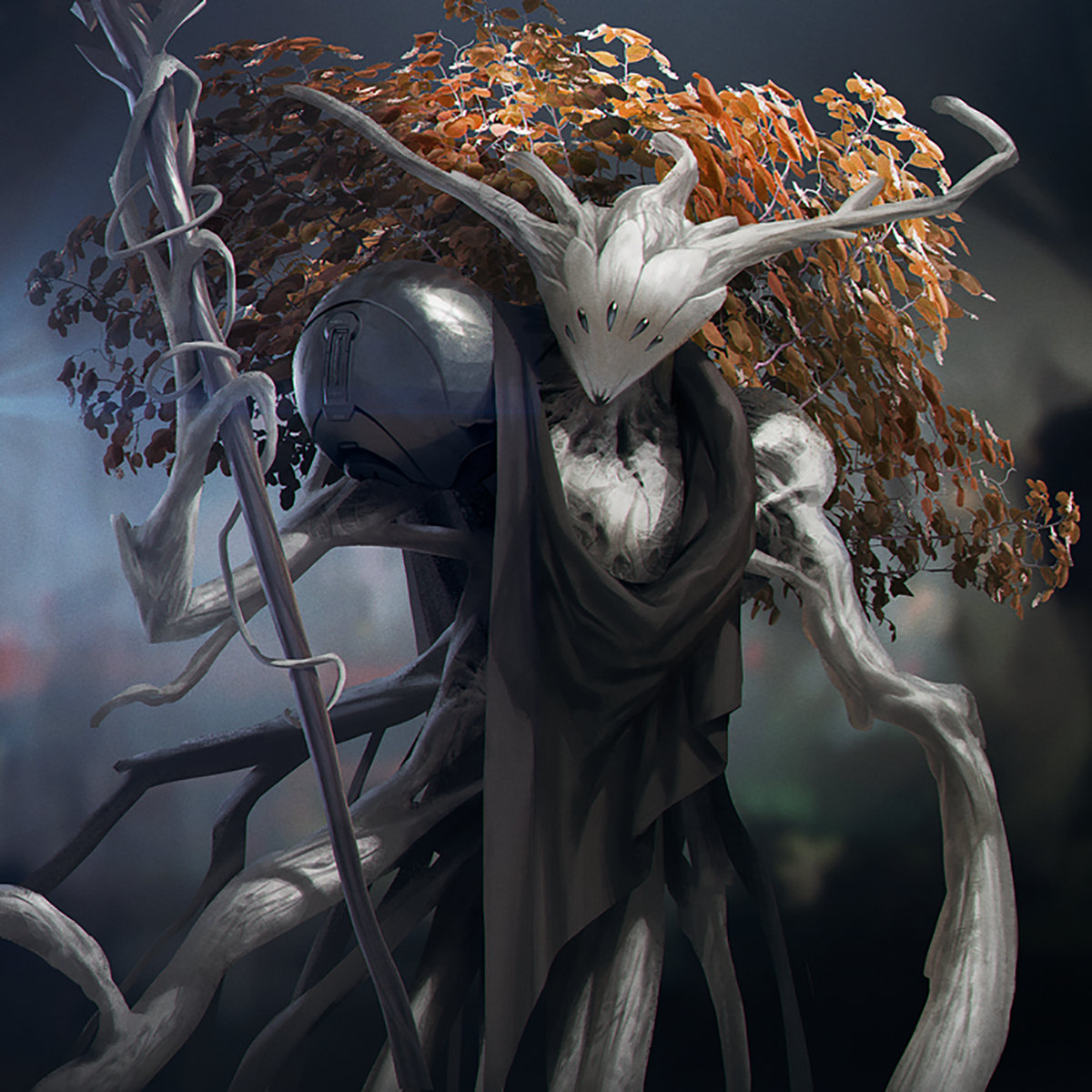Each Tuesday, rather than a POSSIBLY IRRITATING
ESSAY, I'd like to both challenge you and lend a helping hand. I generate more
speculative and teen story ideas than I can ever use. My family rolls its collective
eyes when I say, "Hang on a second! I just have to write down this idea..."
Here, I'll include the initial inspiration (quote, website, podcast, etc.) and then
a thought or two that came to mind. These will simply be seeds -- plant, nurture,
fertilize, chemically treat, irradiate, test or stress them as you see fit. I
only ask if you let me know if anything comes of them.
SF Trope: Humans
are NOTHING special in the universe
Current Event: “The apparent
size and age of the universe suggest that many technologically advanced
extraterrestrial civilizations ought to exist.
However, this hypothesis seems inconsistent with the lack of observational evidence to support it.” [Editorial comment: “‘Suggest’?????? ‘Seems inconsistent’???????]
However, this hypothesis seems inconsistent with the lack of observational evidence to support it.” [Editorial comment: “‘Suggest’?????? ‘Seems inconsistent’???????]
There is no
evidence that there is life anywhere in space – oh, there are hopes, dreams,
protestations that “we can NOT be the only ones in this ENTIRE UNIVERSE” (this
shriek is followed by a childish tantrum-like stomp of a foot. It has been
uttered by the most distinguished of scientists and science fiction writers
ever to walk this Earth – from Carl Sagan to David Brin) and frantic attempts
by those who do not believe that Humanity is unique.
But there is NO
PROOF that there is anyone of any sort anywhere in the universe but HERE.
Perhaps the best
thing would be to just admit that we’re all there is and go from there.
Two paths are
possible, the first one was followed to its logical conclusion by Isaac Asimov
in his FOUNDATION classic tales – from FORWARD THE FOUNDATION through
FOUNDATION AND EARTH.
The second seems
to be happening before our very eyes:
Claudie Nicollier
and Wubbo Fugelsang shielded their eyes against the glare of the rising sun.
Claudie said, “Do you have any idea how ridiculous this looks?”
Wubbo snorted,
rubbing the beard he’d allowed to grow over the last two weeks of the Human space
program. He said, “They’re trying to fool themselves into believing that space
belongs to the mechanical.”
Claudie grunted,
grabbing his shoulder to steady her own hand. She said, “I joined the ESA to
stop this. I did it for the glory of France!” Her shouted sounded more choked
than triumphant. “Six years of training flushed away by an accident and
bureaucratic panic.”
“You started
training when you were ten?” he said, smiling. “I was born dreaming of space.
My parents conceived me on the night of the last American shuttle launch on
July 21, 2o11.”
“How romantic!”
she whispered.
“And extremely
uncomfortable, my older brother told me.”
“What?”
“They were laying
on a blanket on a beach in Florida about five kilometers from the Cape
Canaveral launch pad.”
She slapped his
shoulder, “We’re talking about the end of an era, Rub. How can you joke at a
time like this?”
“Sorry.”
From their hiding
place, they watched an Ariane VI rocket hurtle into space. Built entirely by
robots, crewed by robots and guarded by robots, it was the International Space
Union’s first shot since bringing the ancient International Space Station back
to Earth. For the first time in eighty years, no Human lived anywhere but on
the surface of the Earth.
The ISU and all
its member nations had declared that space exploration could now begin in
earnest with Humans safely at the center of a web of spidery lines of
destinations from the first interstellar probe on the eighth year of its
journey to Alpha Centauri B to the buckshot spheres of picobot satellites in
orbit around all eight planets and fifteen moons.
“It’s not me I’m
worried about,” said Claudie.
Rub lifted an
eyebrow, standing up, stretching – they’d been crouched here since the night
before, hiding in the jungle west of the Launch Center. “Who are you worried
about then?”
“Noah and Natalie
and Waqas and Chris...”
“The Americans?”
he snorted, “What are you worried about them for? They had their chance to go
to the stars. They blew it.”
“Agreed.”
He waited then
said, “I hear a ‘but’ in there.”
She stretched as
well, quite aware of his interest in her calisthenics. She said, “I’m worried
because I heard them talking the other day. They have something – how do they
say it – they’ve got something ‘up their sleeves’.”
Rub shook his
head, “They don’t have the power to do anything anymore. They can’t even work
themselves out of their Second Great Depression.”
“What I heard from
them doesn’t require power just a little remodeling…”
Image:





